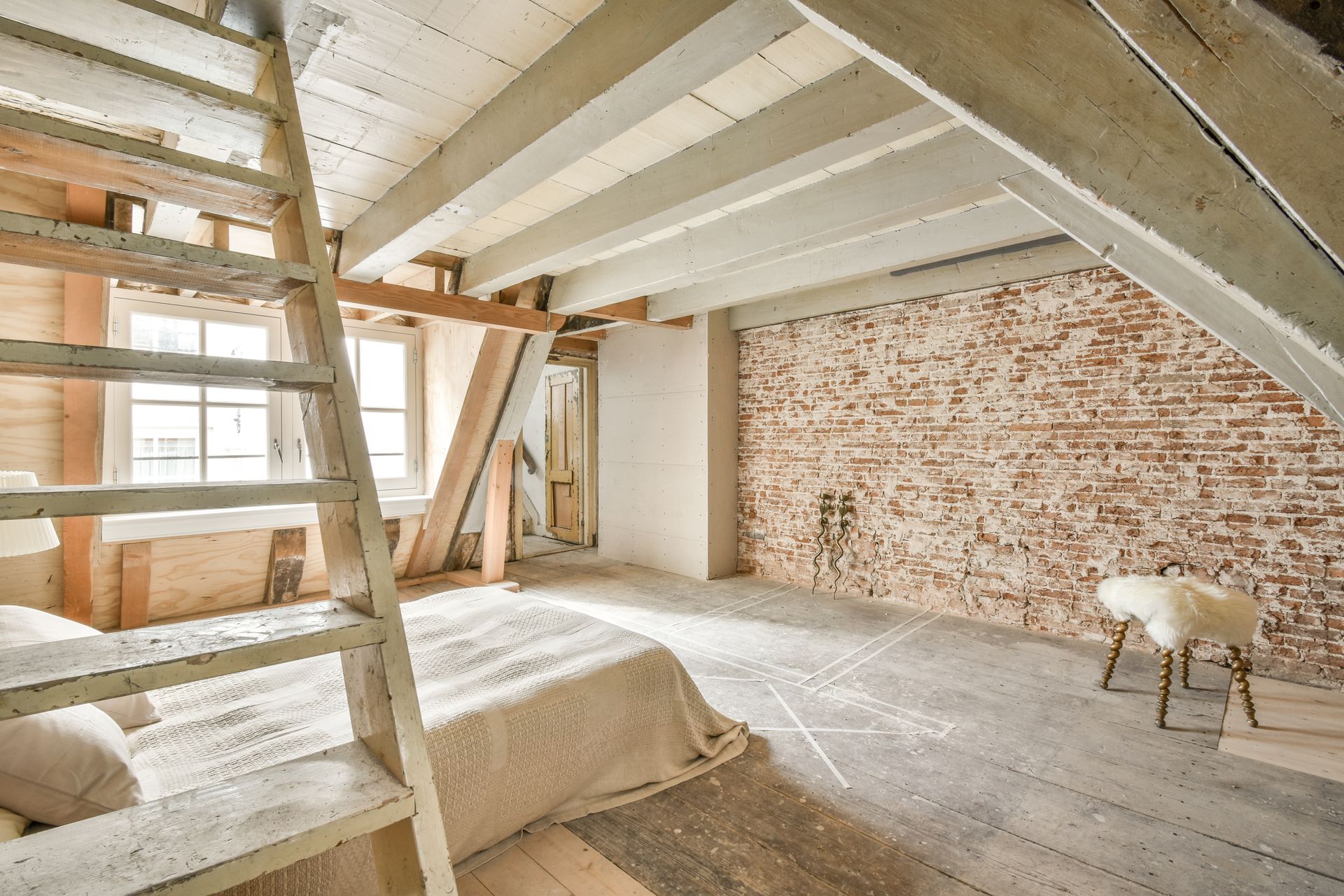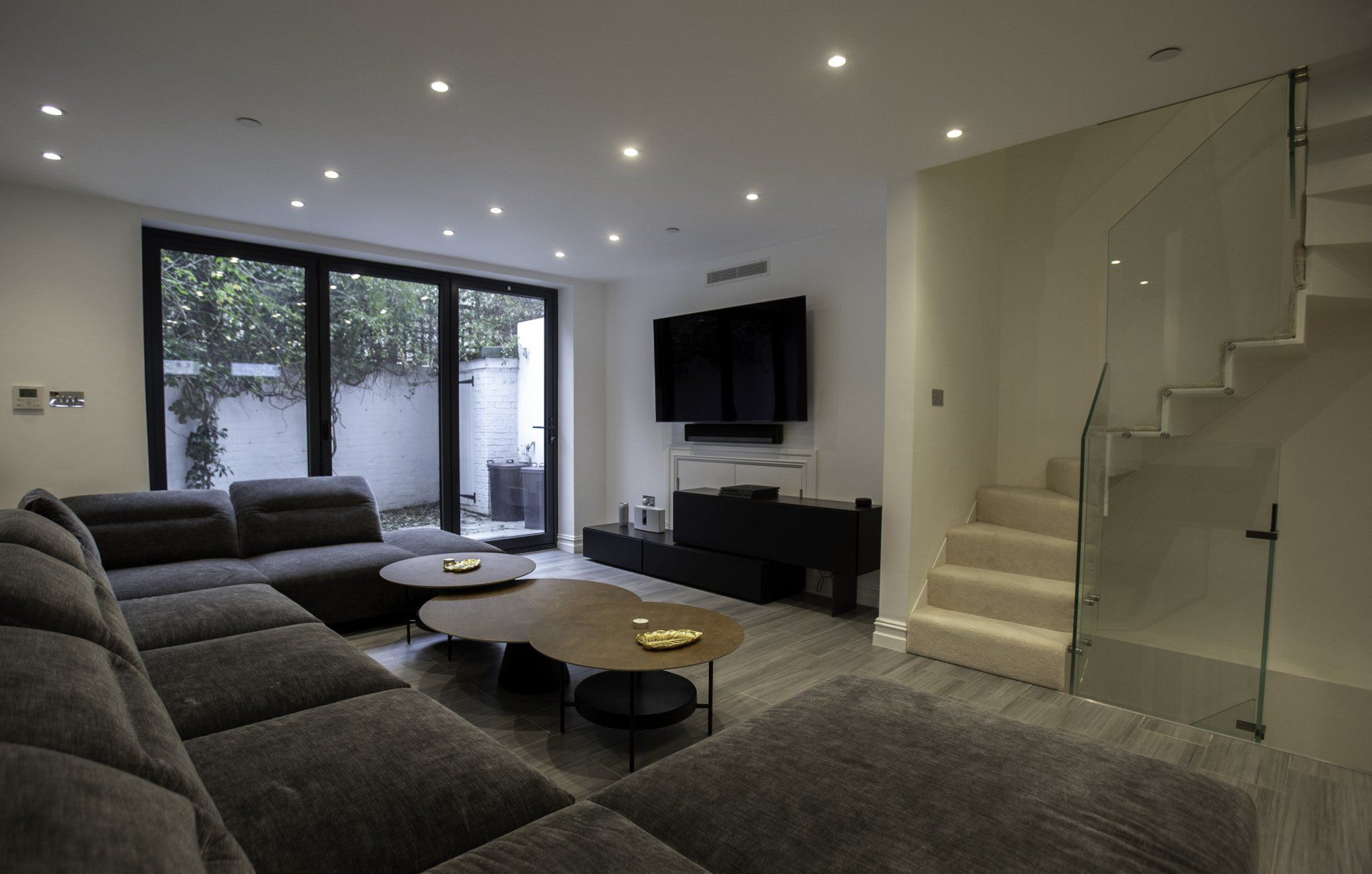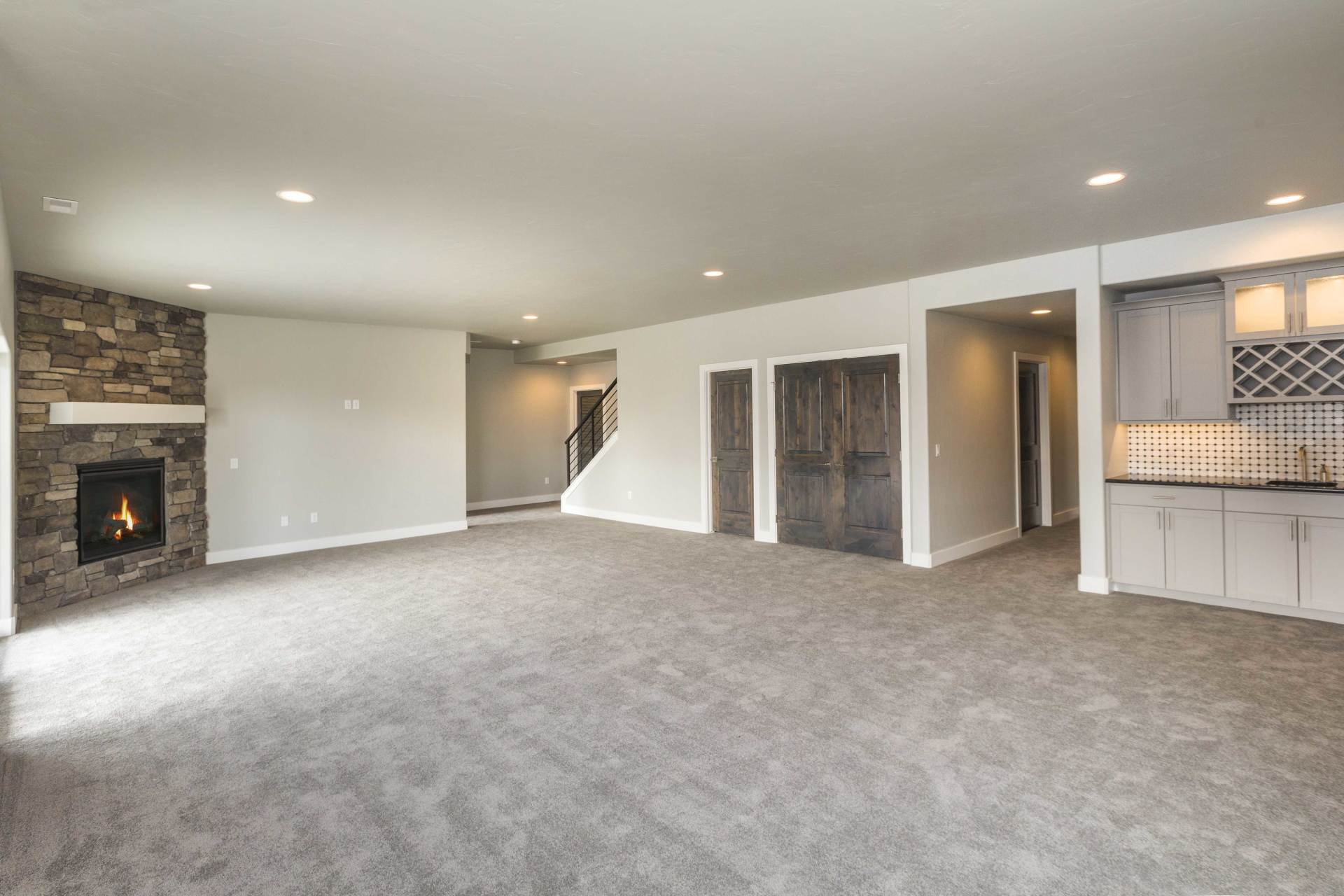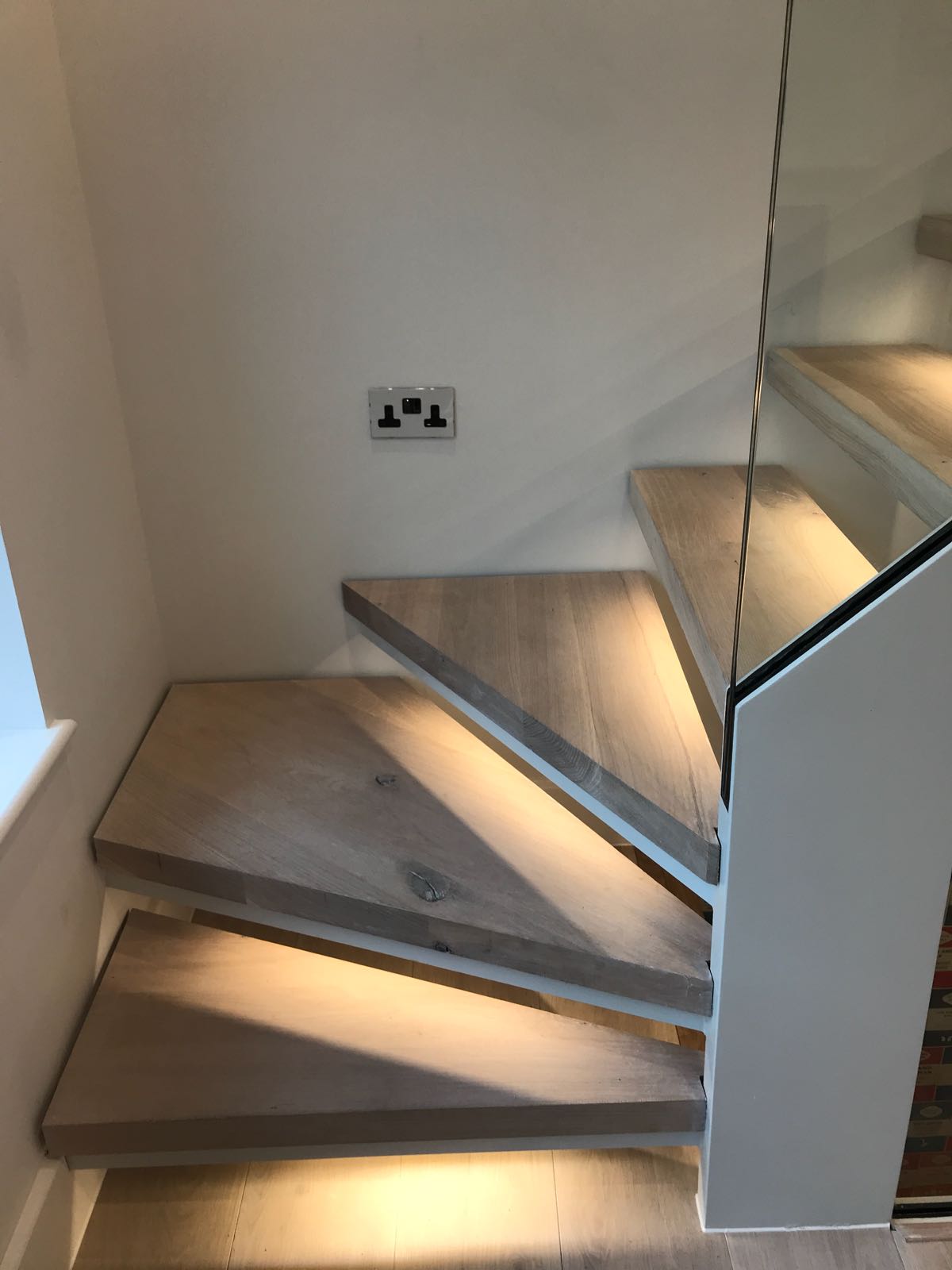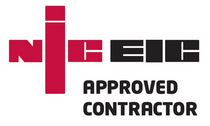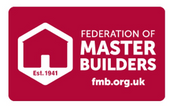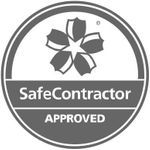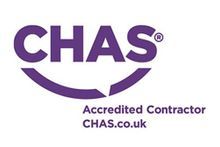EICRs (Electrical Installation Condition Report) - Explained
An EICR is an Electrical Installation Condition Report. It is a formal document that is produced following an assessment of the electrical installation within a property. It must be carried out by an experienced qualified electrician or approved contractor.
EICR's are a statutory requirement for all properties in the UK.
How often do they need doing?:
- Domestic properties should have these completed once every 10 years or 5 years for a large properties
- Commercial properties are required to have this completed every 5 years
- Industrial locations are 3 years.
- All properties which are leased / Rented must have these completed annually as part of the landlord's certification after legislation came into place in 2020.
What's the report for?:
The primary purpose of the report is to ensure the safety of the people, property and livestock at the premises of the electrical installation. EICRs allow for an in-depth report into the condition of an electrical installation.
How does it work?:
- One of our qualified and experienced engineers will come out to your property and carry out the assessment - we always issue the report within 24 hours
- The report will highlight all of the necessary remedial works required if there are any
- We rank the works required in order of importance
- We can then carry out the remedial works for you and will then issue a satisfactory report once all works completed
What remedial works are commonly highlighted in a EICR?:
- Fuse board upgrades:
- All properties built prior to 2015 will most probably have consumer units installed which no longer comply to BS7671 wiring regulations
- A large number of properties will still have their electrical supply installed to an old combustible type fuse board. These are no longer allowed to be installed and have been replaced by non-combustible metal clad fuse boards.
I'm a landlord, what does this mean to me?:
These reports are now a document required by law for any property which is rented out and is considered part of the landlord's documentation for renting. These reports also give a good summary of the condition of the electrical installation for the owner and are often used to ensure the installation is conforming to current wiring regulations.
What to do next:
If you have a Property Management contract with us, we'll look after all this for you. No need to worry about when it needs doing, we'll sort it for you.
If you would like us to come out and carry out an EICR for you. Please do get in touch. Hughes Group's Electricians are NICEIC-accredited and in accordance with all current British standards and regulations, so you can be sure that you are receiving the very best service. We promise to always keep your property - and yourself - safe and happy.
Simply complete the contact form below and we'll be in touch to see how we can support you.
Contact Us
